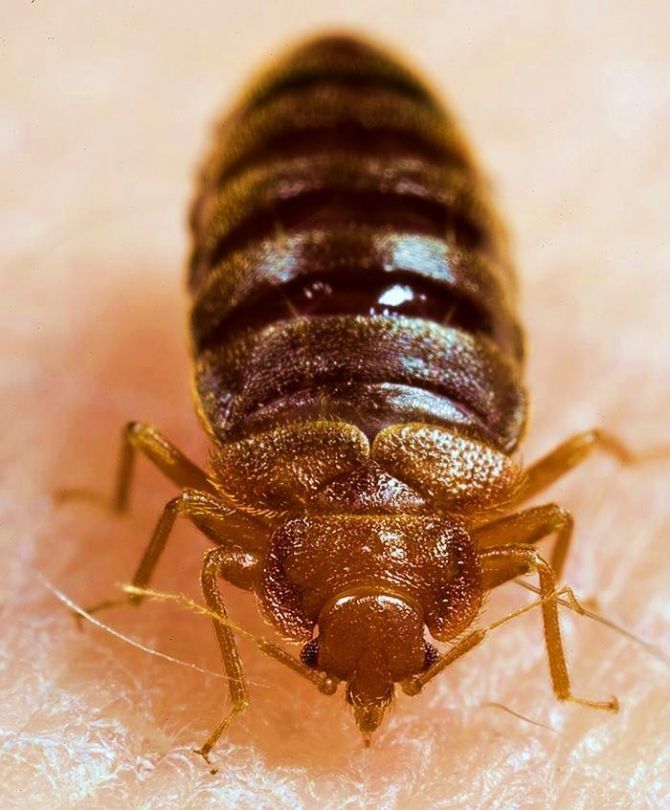Scientists Perform 'Germ Warfare' on Bedbugs With Fungus More Effective Than Pesticides

Bed bugs have become an exploding problem in recent years. While the tiny insects do not carry any disease, their blood-sucking bites cause distressing itches and the pests are close to impossible to be rid of because they hide in spaces difficult to reach.
But a new study, published in the Journal of Invertebrate Pathology by researchers from Penn State University, has found that we may be able to rid of the insects for good - and without the use of pesticides.
The researchers conducted a study using paper and cotton jersey, commonly used in linens. They treated one sheet with oil. The other, they treated with fungus spores from the Beauveria bassiana.
The surfaces dried overnight. Then researchers put 10 bed bugs at a time on the sheet material in a Petri dish.
When researchers monitored the critters, they found that 100 percent of the bugs who had been exposed to the fungus spores died within five days, a success rate that not even chemical pesticides can boast.
What's more, the insects do not even need to be directly exposed to the biopesticide. When one bed bug is exposed to the fungus, he returns to the group's hideaway and contaminates nearly all of the other insects. That ability is incredibly important, because the bugs generally live in hideaways behind light switches, under loose wallpaper, behind baseboards, and other hard-to-reach spots.
"They don't even need to be directly exposed, and that's something chemicals cannot do," researcher Nina Jenkins said in a press release. "If you have bedbugs in your house ... what you really want to know is if they've all gone at the end of the treatment, and I think that's something that this technology could offer."
Researchers need to test exposure times and conduct more research before the product is ready for the market, but the timing is ripe. Bed bug infestation has been on the rise over the years; some reports say that infestation levels are the worst that they have been since the 1940s.



























